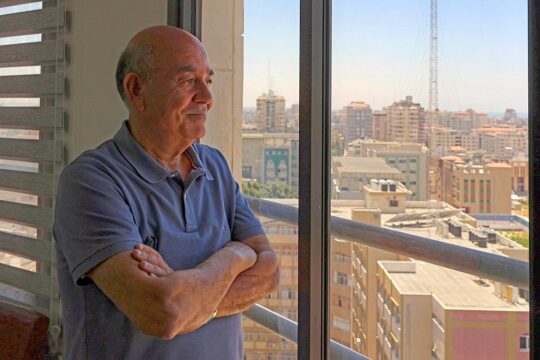Palestinian president Mahmud Abbas told the UN General Assembly on Thursday that Israel's settlement expansion in the occupied West Bank was destroying any hope of a two-state solution.
Abbas, who has been Palestinian president for 11 years, urged countries at the gathering to recognize Palestine as a state and once again offered the hand of peace, albeit slamming Israel's intentions.
"What the Israeli government is doing in pursuit of its expansionist settlement plans will destroy whatever possibility is left for the two-state solution along the 1967 borders," Abbas said.
The Palestinian leader said his officials would "exert all efforts" to get the UN Security Council to adopt a resolution on settlements and the "terror of the settlers."
"The settlements are illegal in every aspect," Abbas said.
"We are undertaking at the moment extensive consultations with Arab countries and other friendly countries on this matter," he said.
Washington said on August 31 that it was "deeply concerned" following an announcement that Israel had approved the construction of 463 homes for Jewish settlers in the occupied West Bank.
The approvals mostly involved new housing units, but a retroactive green light was also granted to 179 existing homes in the Ofarim settlement, said the Peace Now organization.
Nickolay Mladenov, the UN coordinator for the Middle East peace process, told the Security Council in August that Israeli settlement expansion had surged in the past two months.
The recent report by the diplomatic Quartet -- the European Union, Russia, the UN and the United States -- said construction of settlements on land earmarked to be part of a future Palestinian state is eroding the possibility of a two-state solution.
"Those who believe in the two-state solution should recognize both states, and not just one of them," Abbas, who was first elected president in 2005, told the General Assembly.
"We extend our hands to those who want to build peace. But the question remains and persists: is there any leadership in Israel, the occupying power, that desires to make a true peace?" he asked.
"It is Israel's breach of the agreements it has signed and its failure to comply with the obligations that have led us to the deadlock and stalemate that we remain in now."



